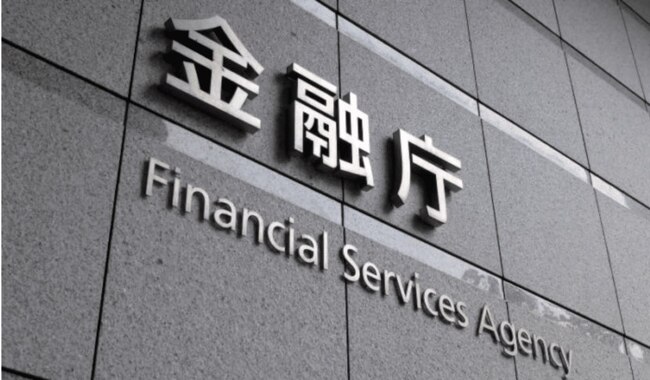Highlights:
- Japan’s FSA may permit banks to acquire and hold cryptocurrencies for investment purposes.
- The regulator also considers allowing banks to register as cryptocurrency exchange operators.
- Over 12 million crypto accounts already exist in Japan, underscoring regulatory urgency.
Japan’s top financial regulator is working on a sweeping overhaul of the nation’s financial sector. The Japanese newspaper Yomiuri reported that the Financial Services Agency (FSA) will consider letting banks purchase and store digital assets for investment purposes. At the moment, the 2020 supervisory guidelines prohibit banks from owning cryptocurrencies such as Bitcoin.
The new proposal would enable banks to manage digital assets in the same manner as traditional instruments like stocks of government bonds. This reform will be discussed at an upcoming meeting in the Financial Services Council, which advises the Prime Minister on policy issues.
Japan’s FSA hopes to modernize financial regulation by revising its position. This would bring the banking system in line with the rapid growth of digital asset markets on an international scale.
JUST IN: 🇯🇵 Japan's Financial Services Agency is considering a reform to allow banks to hold and trade #Bitcoin and crypto.
Asia is coming 🚀 pic.twitter.com/qjGIdlEeZg
— Bitcoin Magazine (@BitcoinMagazine) October 20, 2025
Banks Might Trade Crypto Like Traditional Securities
According to the suggested model, banks will be allowed to be registered as cryptocurrency exchange operators. Such a shift would allow them to provide direct trading and exchange services to clients. By so doing, Japan’s FSA seeks to facilitate crypto investment by retail investors by assuring them of the safety of their funds with the help of regulated banks.
Cryptocurrency adoption in Japan has increased sharply. As of February 2025, the country had reported more than 12 million active crypto accounts. This was almost 3.5 times higher than five years ago. This surge has brought about faster adaptation to digital trends by regulators.
Additionally, Japan’s FSA intends to transfer the Payment Services Act to the Financial Instruments and Exchange Act (FIEA). This shift would harmonize cryptocurrency regulation with securities regulations and protect investors more effectively. According to the authorities, the issues in the crypto industry reflect the ones that have been managed under the FIEA, making this transition logical and timely.
Broader Implications for Japan’s Financial Sector
The evolving strategy in Japan comes at a time when the country experiences a high debt-to-GDP proportion of about 240%. In this regard, digital assets may offer various opportunities to investors beyond the traditional markets.
For instance, major banks are working on a yen-pegged stablecoin in a move to ease settlements and reduce transaction fees. Mitsubishi UFJ Financial Group, Sumitomo Mitsui Banking Corp., and Mizuho Bank have united in this initiative.
Japan’s Major Banks Launch Yen-Backed Stablecoin Partnership
Japan’s financial sector is taking significant steps toward integrating cryptocurrency technologies, with three major banks planning to jointly issue a yen-pegged stablecoin. This initiative…… pic.twitter.com/WR99AIb4ah
— Crypto Breaking News (@CryptoBreakNews) October 17, 2025
The stablecoin will be issued by the fintech company JPYC, which will have to register as a money transfer business. Once rolled out, people and businesses will be allowed to transfer and receive tokens via digital wallets connected to deposits via the banking systems.
In addition to the promotion of innovation, FSA is striving towards maintaining market integrity in Japan. The agency will introduce a surcharge system to control insider trading in the crypto sector. These wrongdoings include trading on insider information, and they undermine investor confidence. The Securities and Exchange Surveillance Commission is also considering tightening sanctions against the violators.
Best Crypto Exchange
- Over 90 top cryptos to trade
- Regulated by top-tier entities
- User-friendly trading app
- 30+ million users
eToro is a multi-asset investment platform. The value of your investments may go up or down. Your capital is at risk. Don’t invest unless you’re prepared to lose all the money you invest. This is a high-risk investment, and you should not expect to be protected if something goes wrong.






